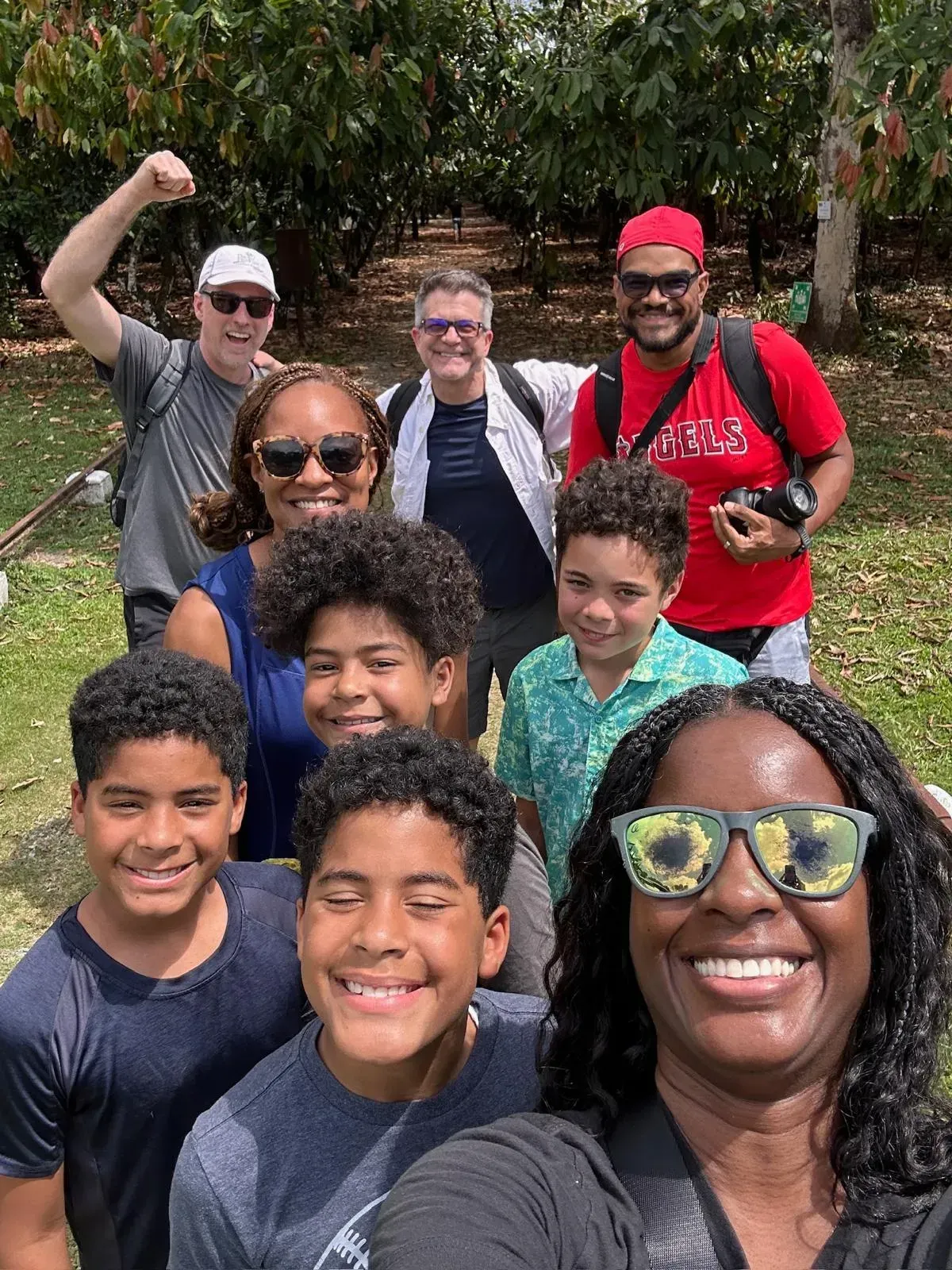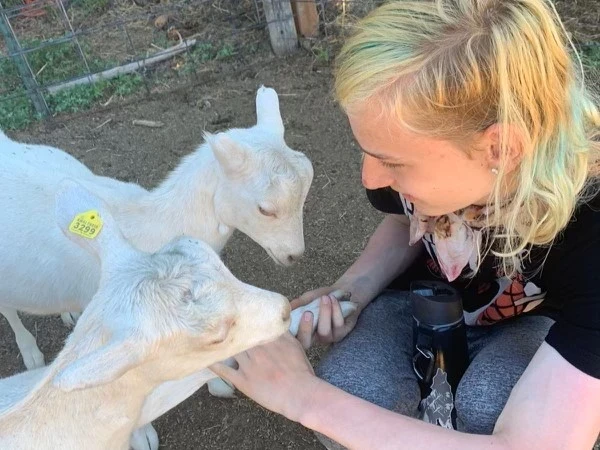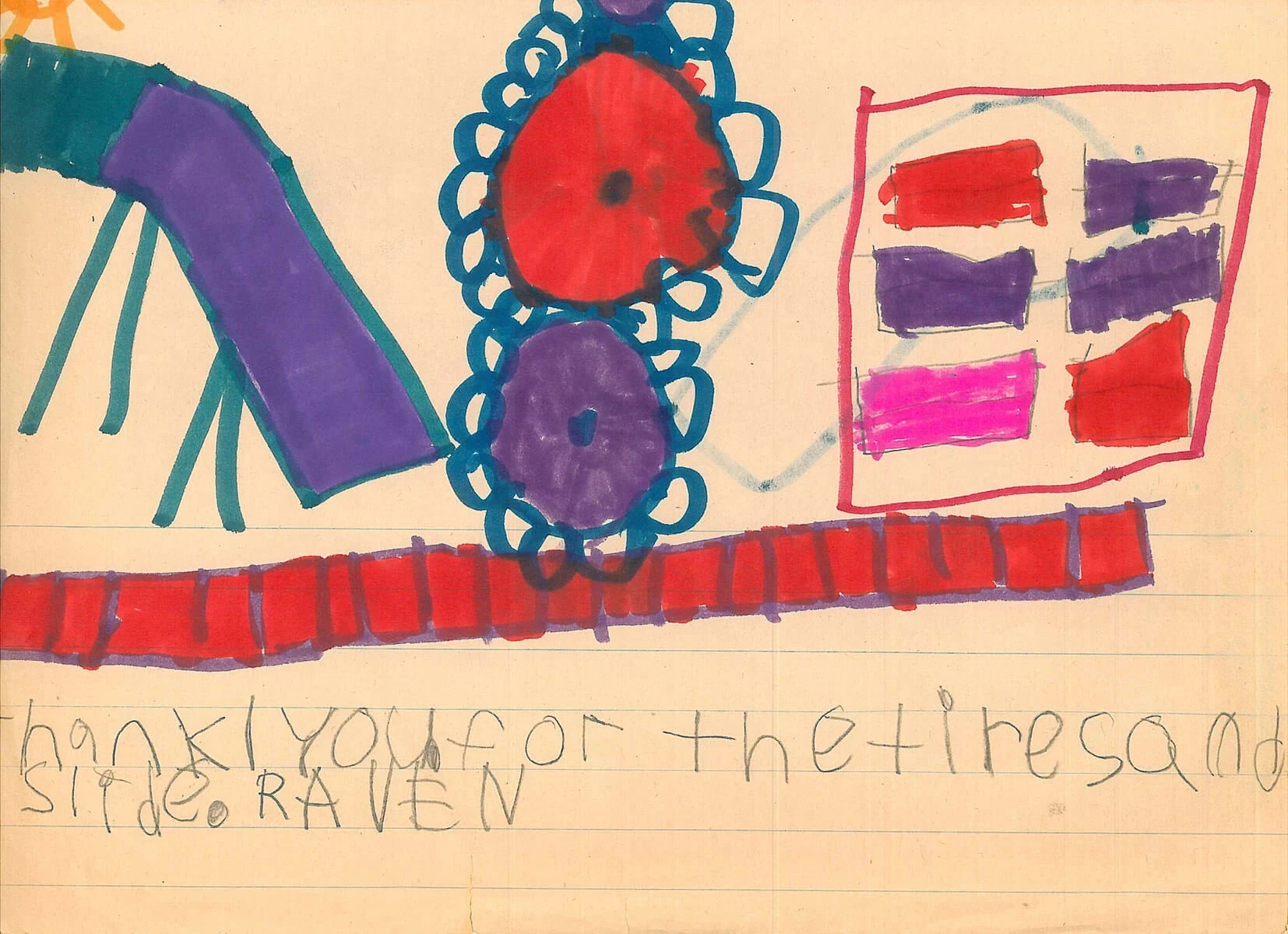*The following essay was synthesized by VISIONS from an interview with Wes Hedden.
Our diverse world isn’t made smaller through connective experiences; it’s made better, and it happens one relationship at a time. That philosophy is what first brought me to VISIONS, what led me to found a cultural exchange program in Southeast Asia, and what inspires me to rejoin the VISIONS family today—leading the Dominican Republic Program in its 29th year.
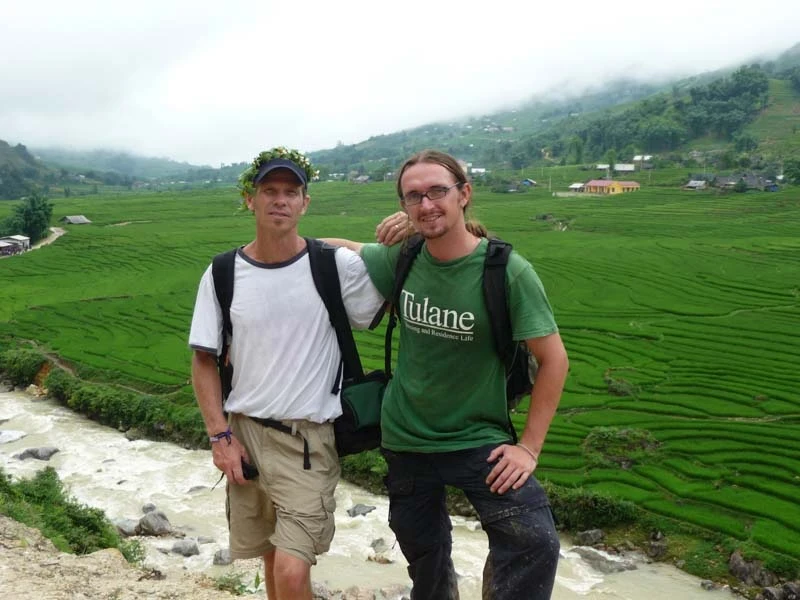

The influence of experiential learning
As a teenager, I was able to participate in programs similar to VISIONS, which provided the transformational, out-of-the-box experiences which I believe have led me to where I am today. We would travel to national parks across the West, driving 7,000 miles or more over a month or two, and adventuring on foot into the landscape, backpacking and camping. And I think the adventure kids get from these experiences is important, but it’s also about connecting with your peers, and building relationships with others in ways that also help us learn about ourselves. That’s what magical about these experiential learning programs.
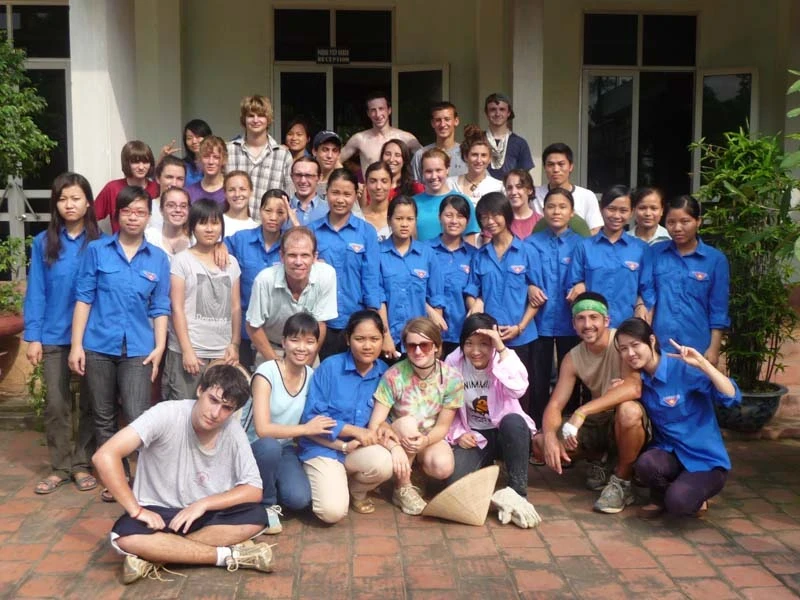
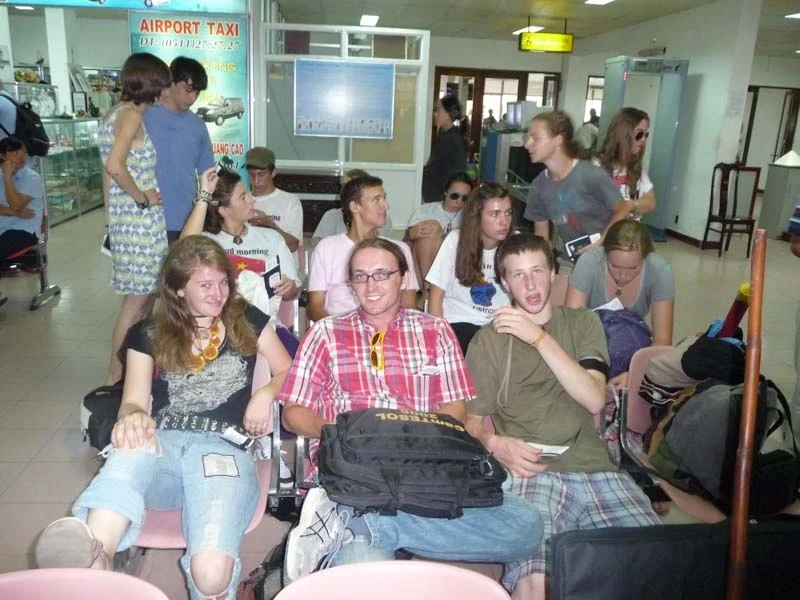
I spent 2007-2010 working with VISIONS, first in Nicaragua and then Vietnam, and was struck by the powerful impact of Circle meetings and group living experiences. I saw firsthand how these parts of the programming are opportunities for people to connect at a deeper level—sharing honest stories, listening deeply to each other, being vulnerable, and being authentic. I could feel those moments building real relationships for our program participants, and connecting them to the communities they lived in and served.
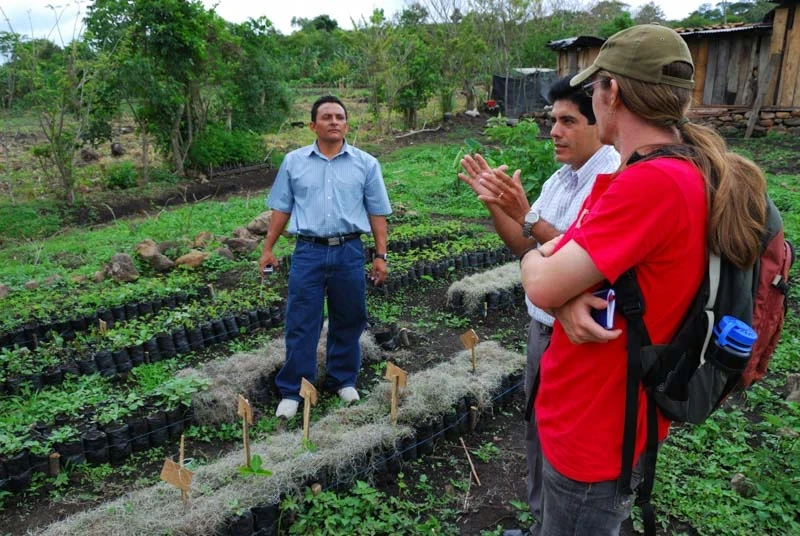

Empowering cross-cultural healing in Southeast Asia
In 2010, inspired by my work with VISIONS, I started a program in Southeast Asia called Sarus. The premise brings together groups from different demographics with a history or present experience of conflict. It creates a facilitated encounter of shared service, with the opportunity to break down emotional boundaries and build new connections.
I had lived in Cambodia and Vietnam for several years and witnessed the negative power of cultural stereotypes and fears, which are often worsened by a lack of firsthand experience. We began our program across those two countries, then expanded to Bangladesh and Myanmar. Both exchange programs incorporated the circle meetings inspired by VISIONS.
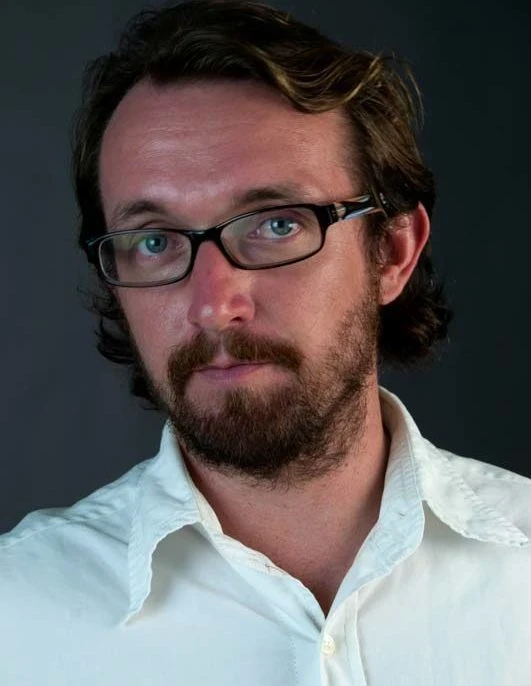
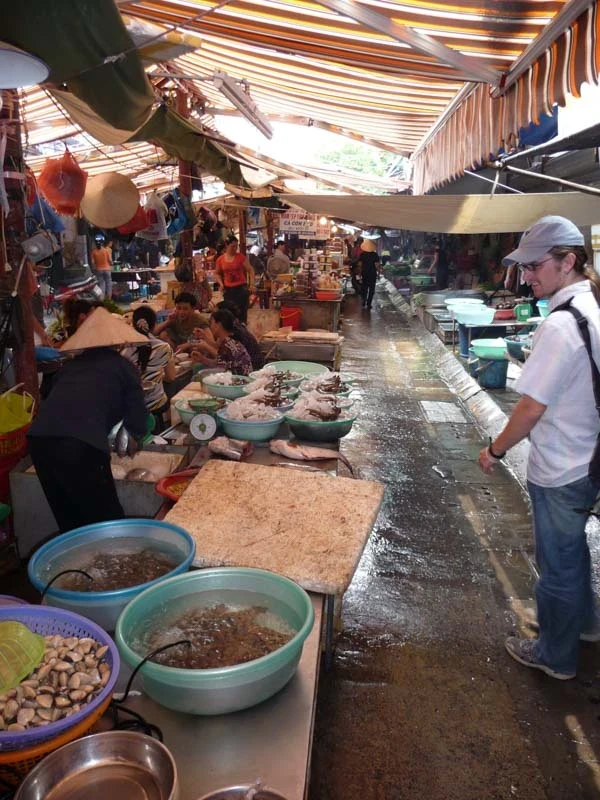
Sarus connects individuals from these very different demographics, backgrounds, cultures at odds, and allows them to get to know one another, and develop different perceptions of each other than the messages they receive from their own cultures. Our larger vision was a ripple effect, in which participants were empowered to positively influence their communities and workplaces. Program alumni also have the opportunity to return to Sarus and participate in peace leadership incubators—the program provides training and funding for them to lead peace projects in their own communities.
Through Sarus, I was able to take some of my favorite elements of VISIONS and apply them to these very divided communities and cultures, connecting people to create cultural healing. And we believe this approach has significant power, rooted in change which begins at the individual level and ripple outward.
And VISIONS brings that opportunity to life for the next generation of leaders—our kids.
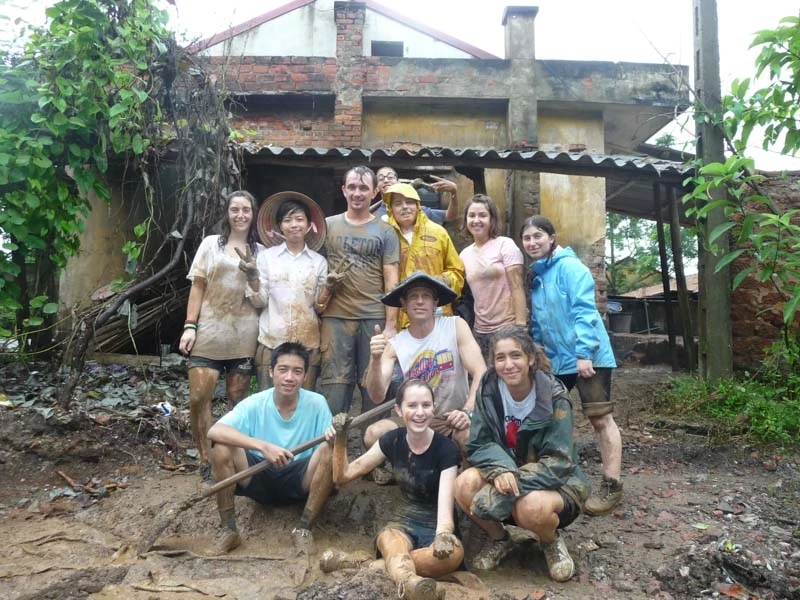

My return to VISIONS in 2020
With these experiences fresh in mind, I recently attended the VISIONS 30th anniversary event. There, I reconnected with other program leaders, and I immediately felt drawn to back to my roots here, so to speak. I wanted to reconnect with Latin America and to do something familiar but in a new way. I’m excited to rejoin this family as Dominican Republic Director.
VISIONS Dominican Republic Program has a legacy of incredible service with real impacts over the past three decades, a legacy that I’m honored to help continue and grow. Dozens of homes have been built by our program participants, as well as a medical clinic, community centers, and large schools in which more than 3,200 Dominican children attend classes each year. Many of the program projects serve bateyes, neighborhoods of Haitian immigrant origins—and places that still suffer significantly from cultural bias and racism, as well as lack of access to basic resources. As they engage in hands-on service projects, our program participants practice breaking down limiting barriers of “other,” while experiencing the deep gratification of tangibly improving living conditions for these underserved communities.
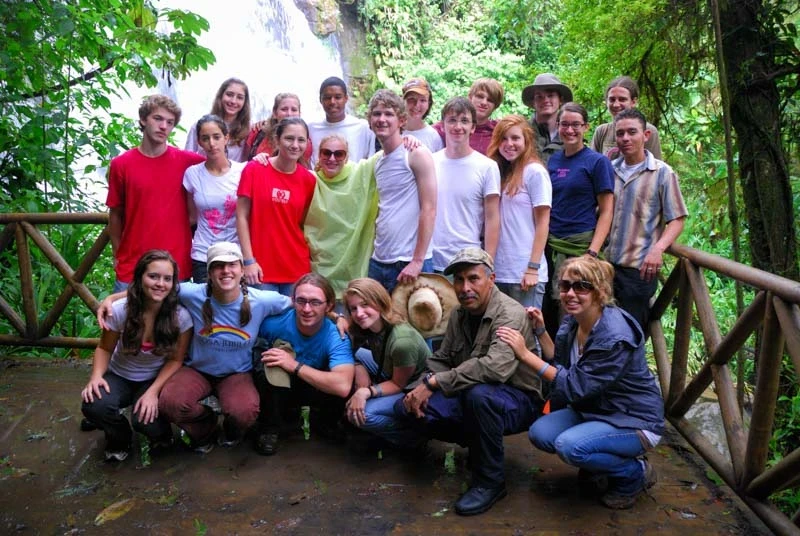
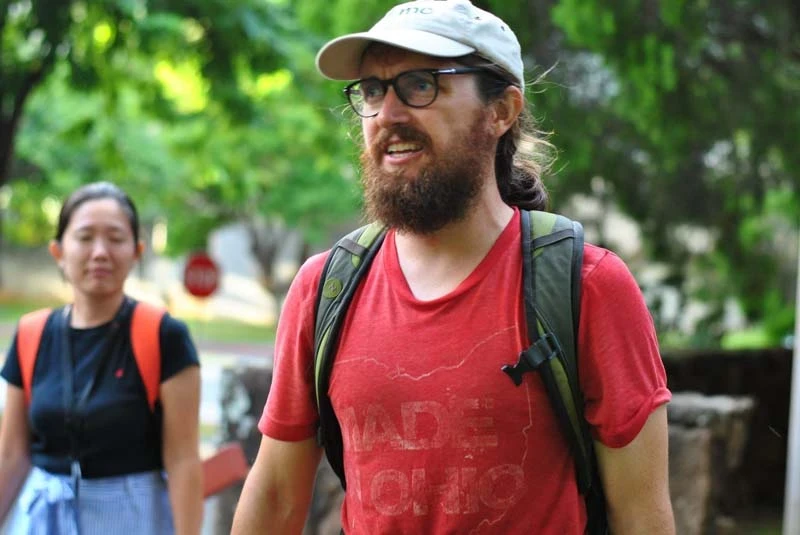
Supporting peacebuilding through tomorrow’s leaders
This young generation has a great deal of wisdom to share. I believe in the US and the world we are seeing generational shifts, as young people step into their potential as leaders. We see them exercising leadership in their lives, their communities, and their cultures. We have a lot to learn from young people. I look forward to learning from the participants in our DR programs in the summer of 2020, and I hope to help them recognize leadership qualities within themselves.
The intersection of peacebuilding and leadership holds such great possibility at this moment in history. My passion lies in bringing people together for collaborative experiences. It’s intellectually stimulating, but also emotionally and spiritually rejuvenating. I see my role as a facilitator of connections. If I can help young people from diverse backgrounds find deeper connections—to self and others—I feel like I’m contributing in some small way to building a better world.



